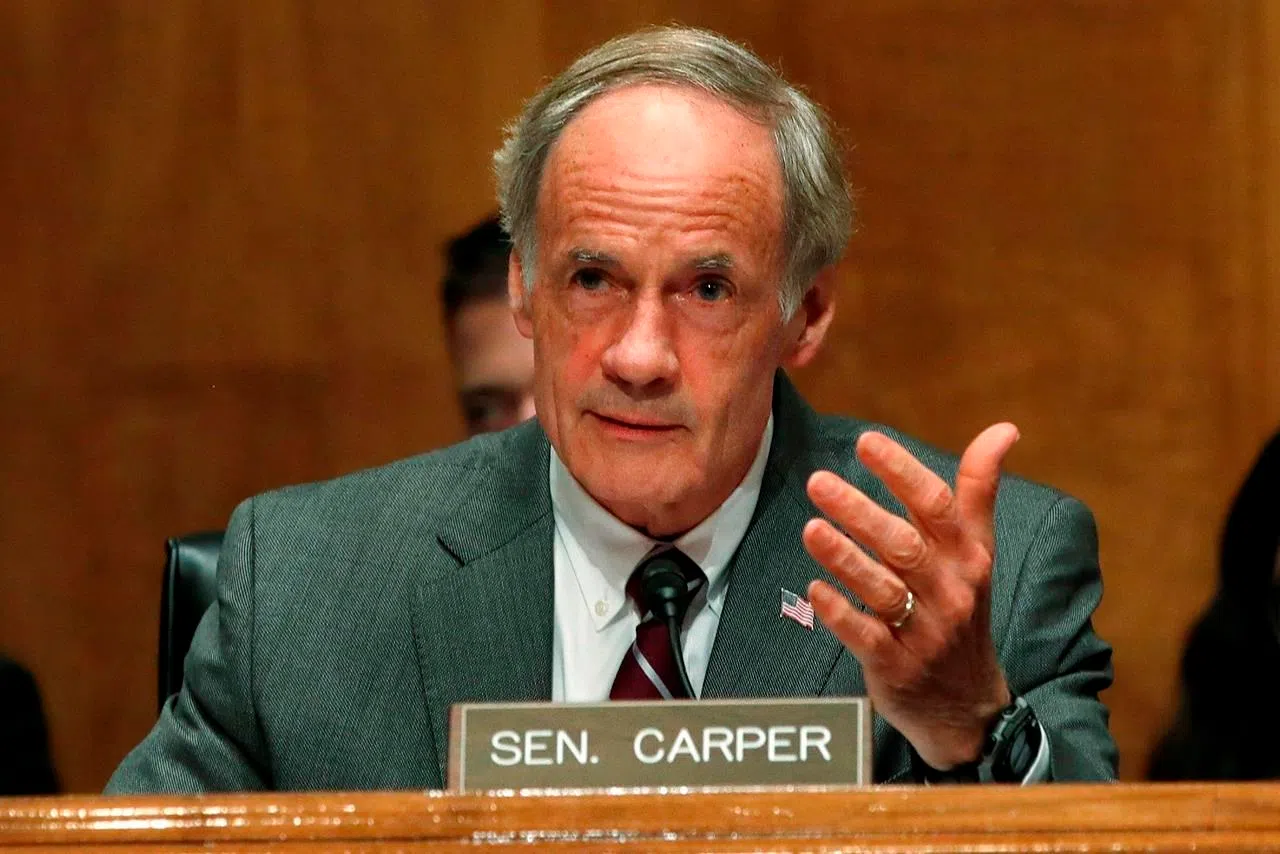
White House ends California talks on mileage dispute
WASHINGTON — The Trump administration on Thursday broke off talks on vehicle mileage standards with California, increasing the chances of a court battle that threatens to unsettle the auto industry.
The White House, which has proposed freezing the standards, said it would now move unilaterally to finish its own mileage rule later this year “with the goal of promoting safer, cleaner, and more affordable vehicles.”
The administration’s action challenges California’s decades-old authority to set its own, tougher mileage standards. California has used a waiver that Congress granted it under the 1970s Clean Air Act to help deal with its punishing smog. About a dozen states follow California’s mileage standards; that group accounts for about one-third of U.S. auto sales.
Lawmakers and automakers had urged a settlement and warned that different standards could bring years of court battles and raise costs for automakers and consumers.


